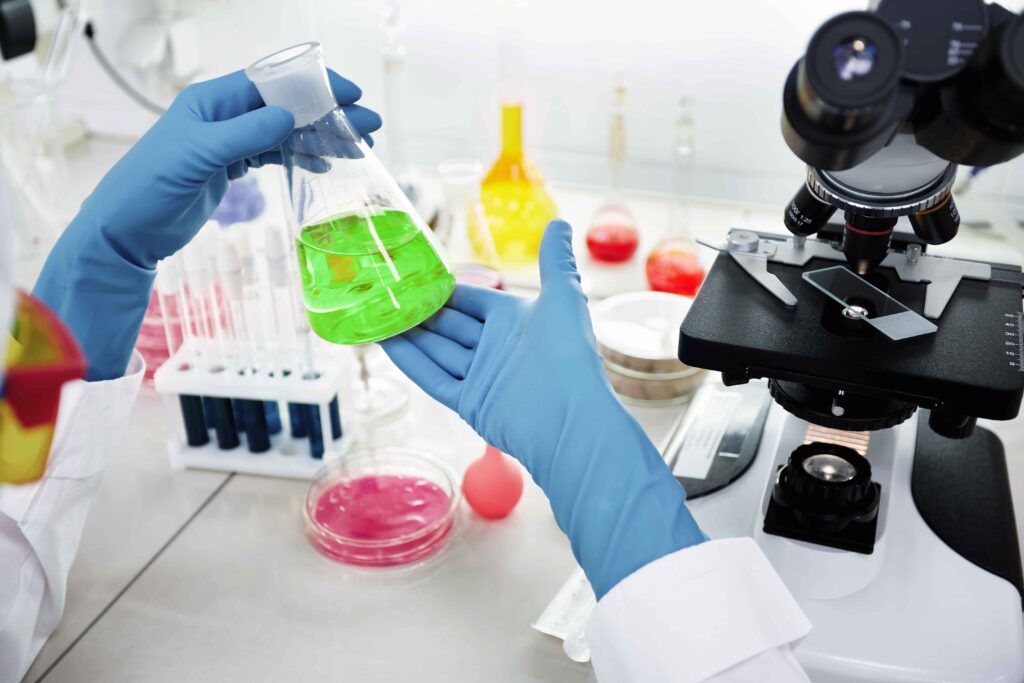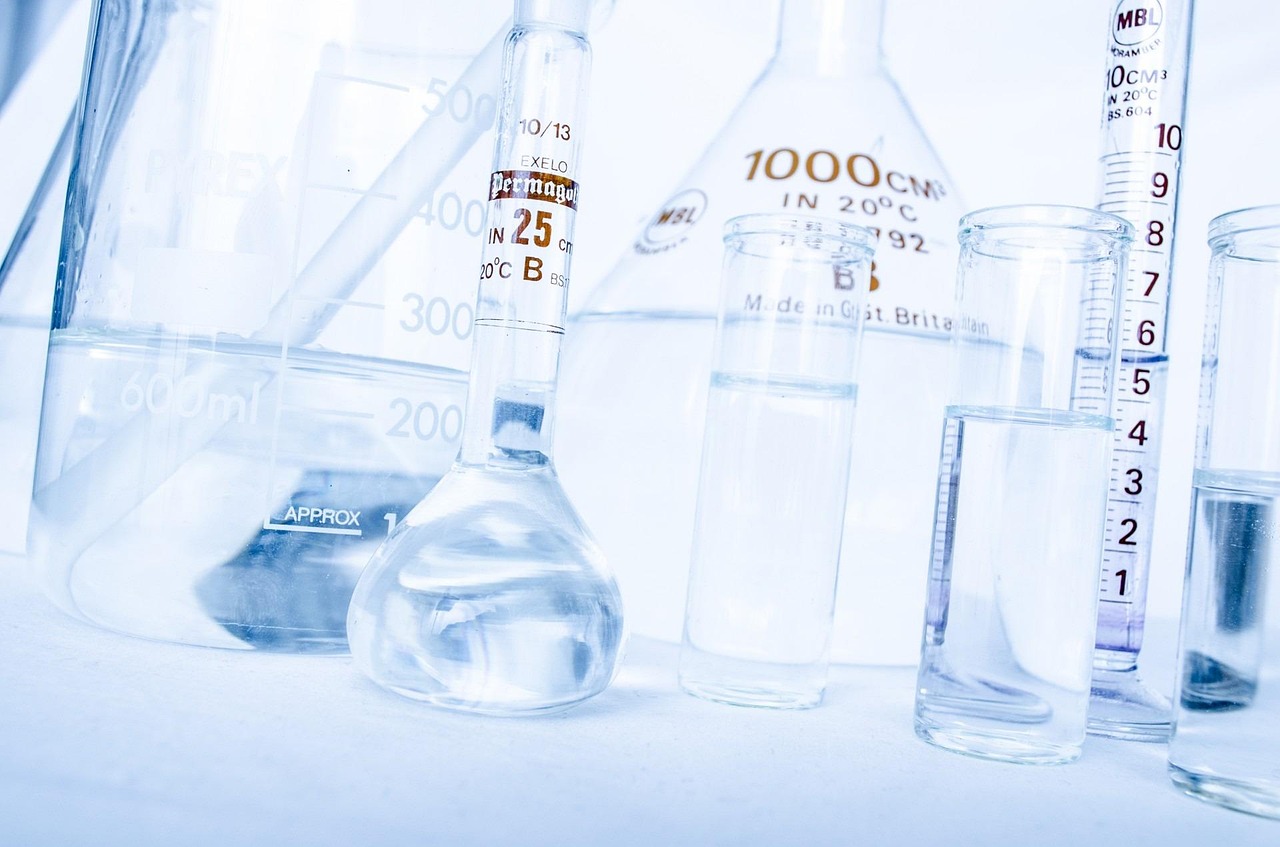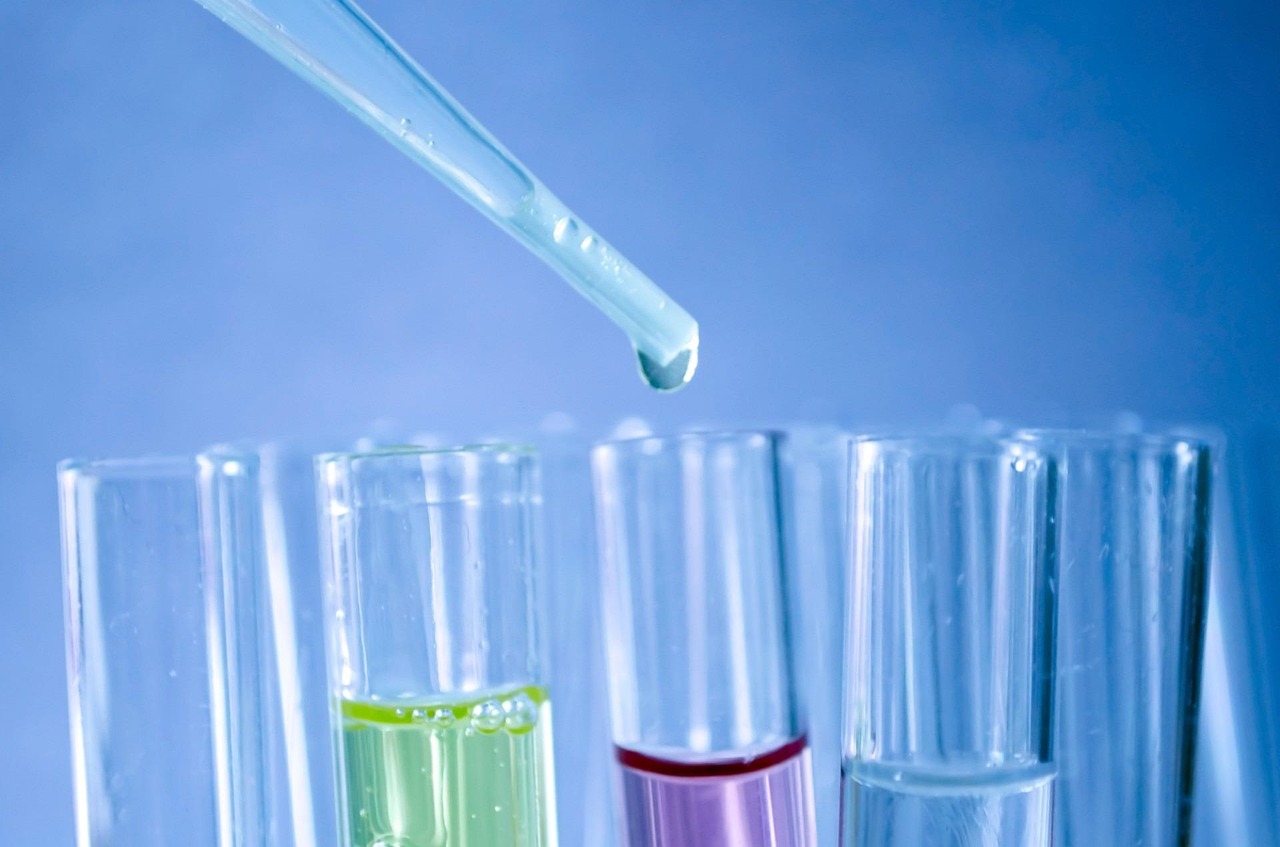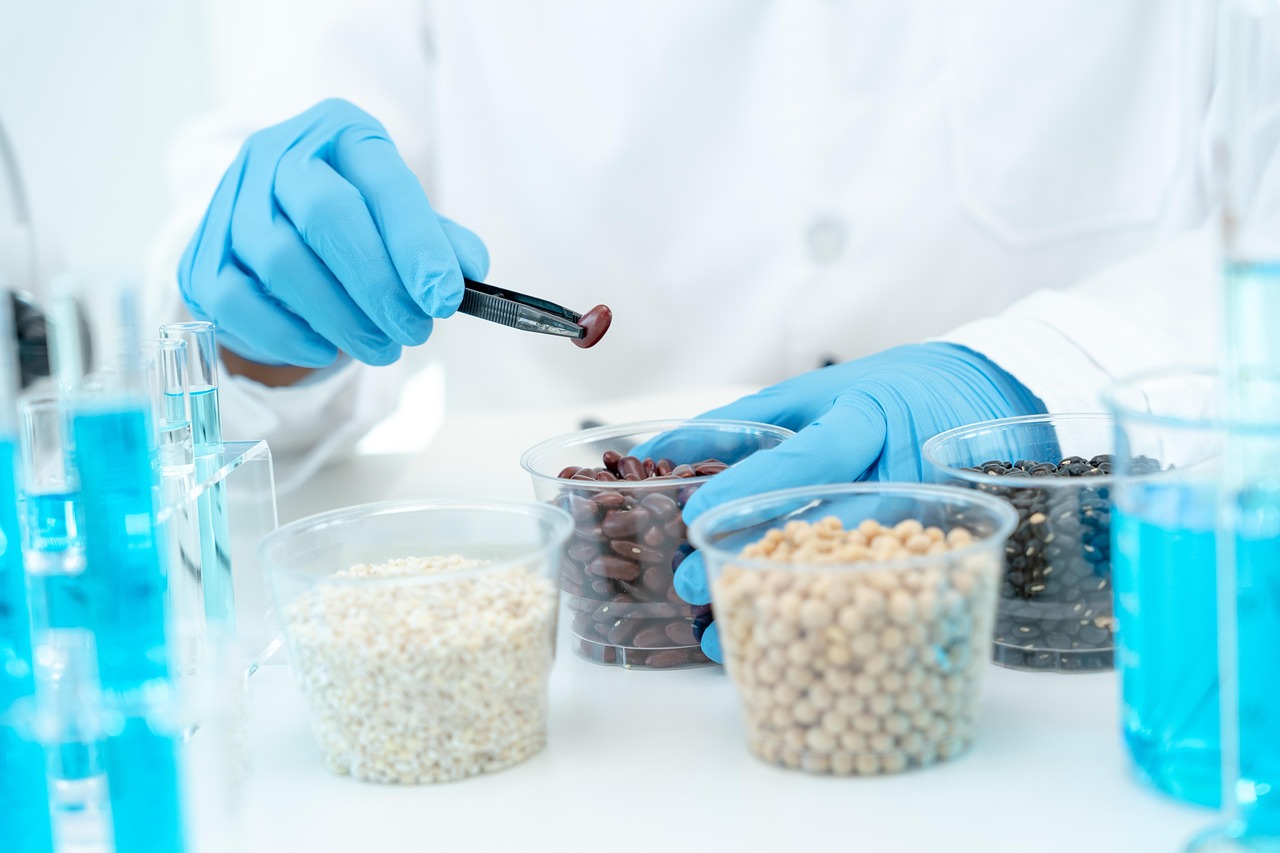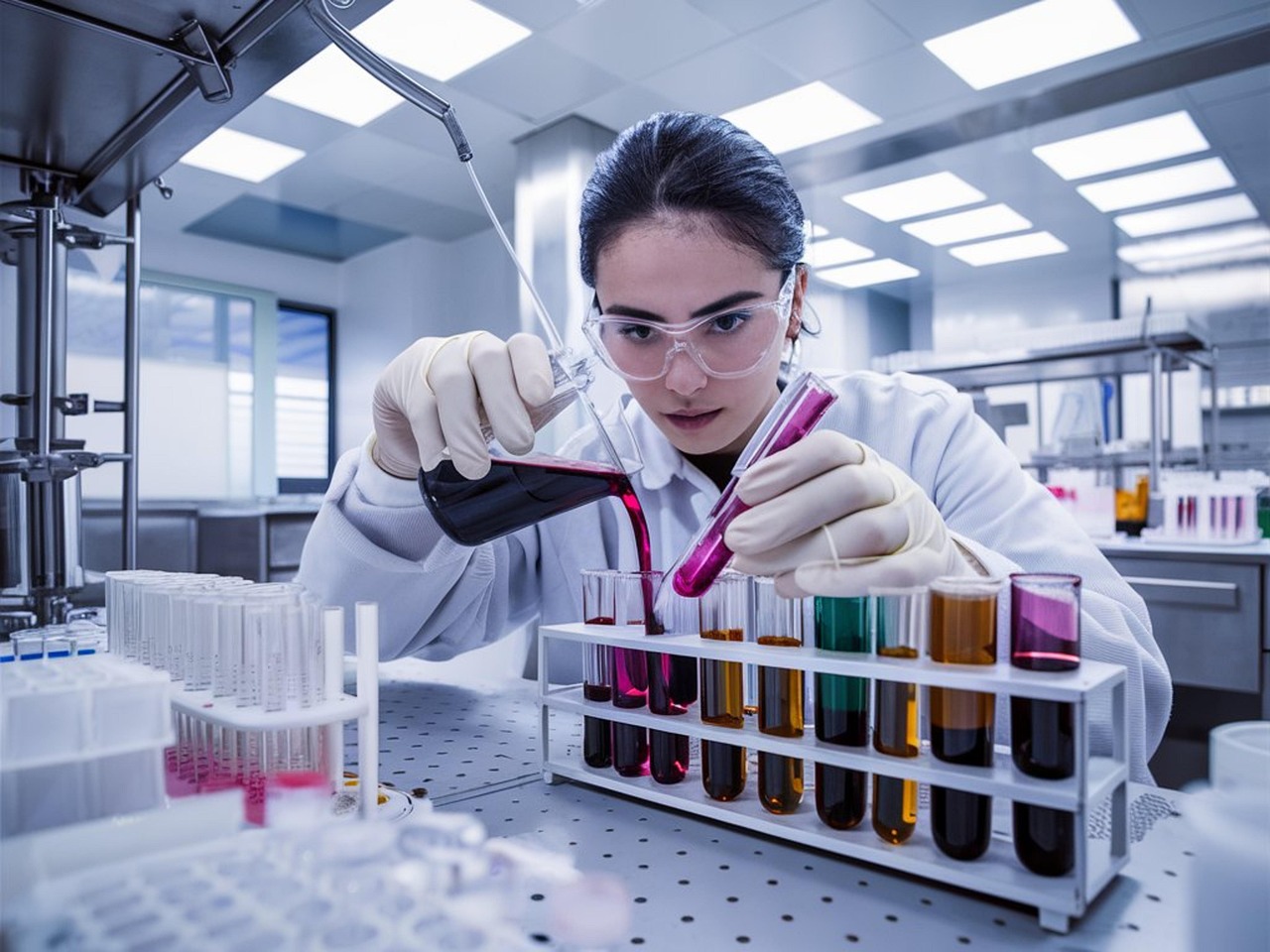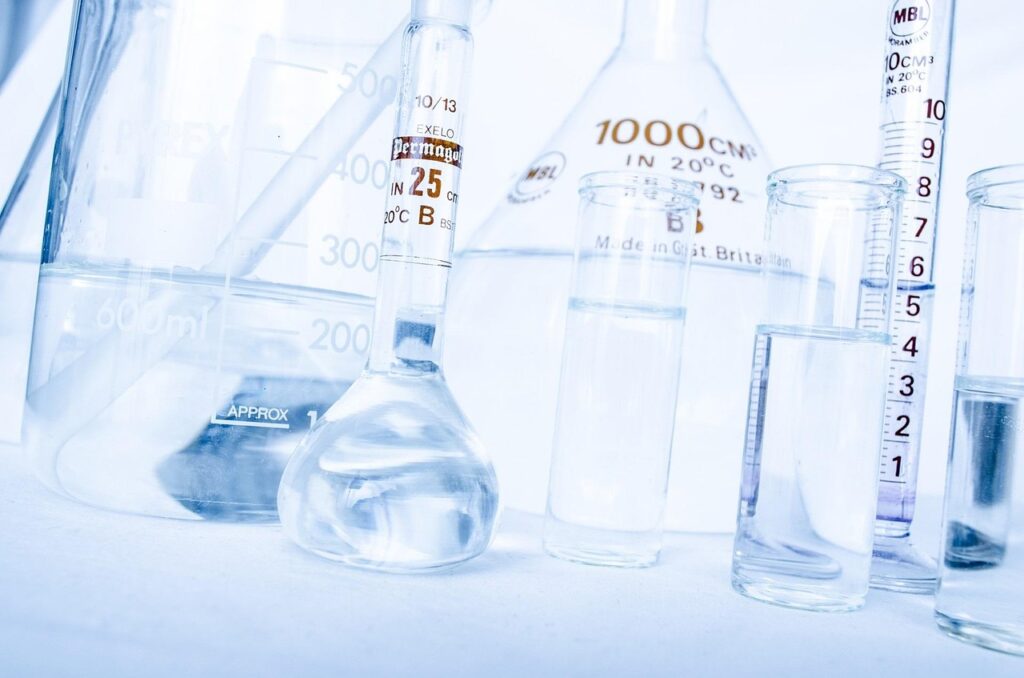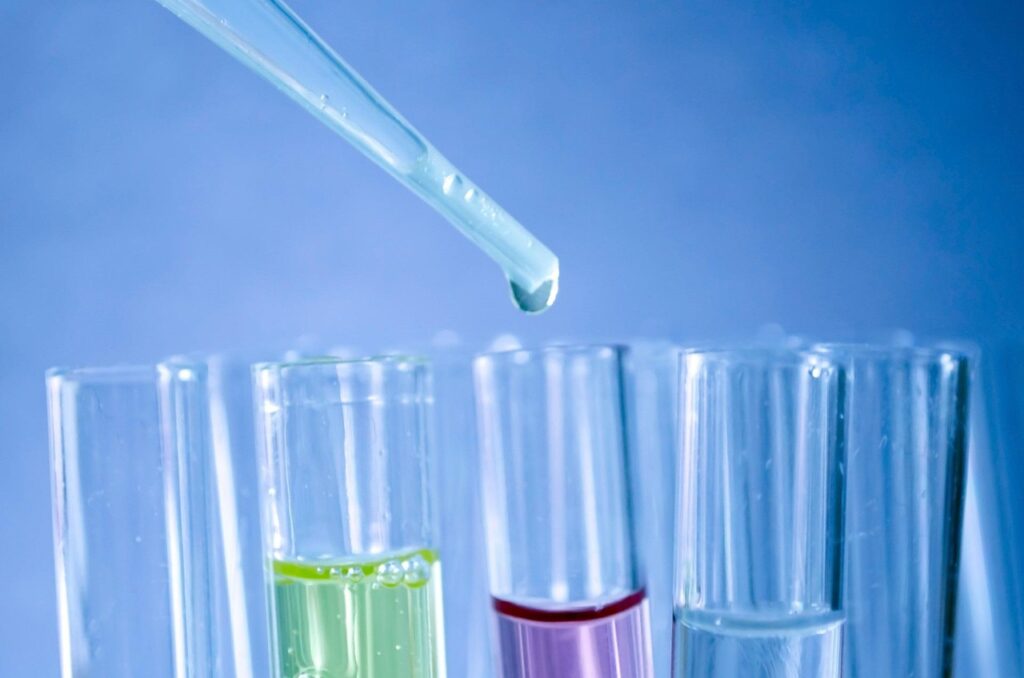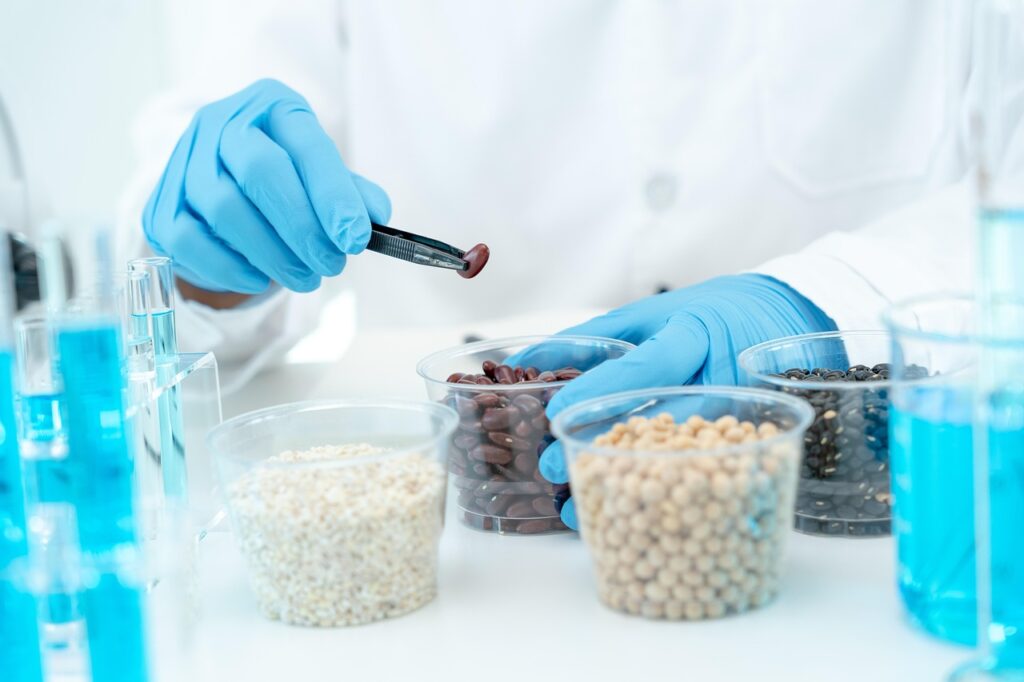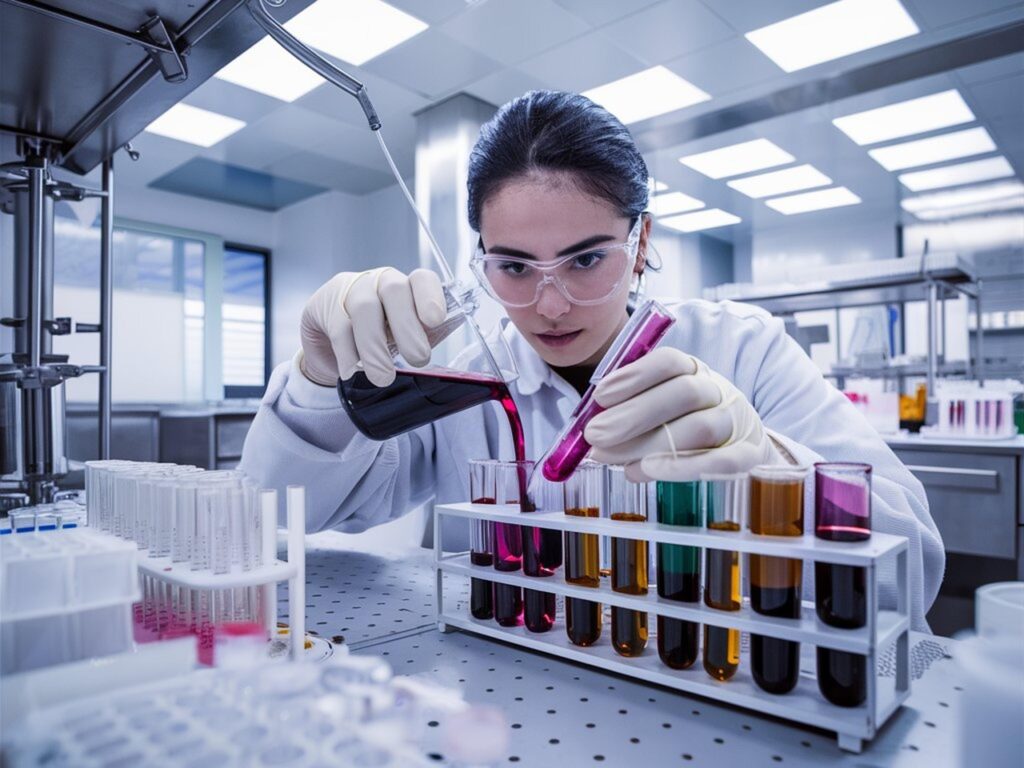Ensuring food safety has grown more difficult in the current global food supply chain, yet it is crucial to maintaining public health. Through careful analysis and testing for pollutants, pathogens, and other dangerous materials, food safety labs play a critical role in ensuring the quality and safety of the food we consume. The significance of food safety labs, their testing procedures, and their role in maintaining global health standards are all examined in this article.
Understanding Food Safety Labs and Their Purpose
Specialized labs devoted to examining food samples for possible health risks are known as food safety labs. These laboratories, which are manned by knowledgeable scientists and experts and outfitted with cutting-edge equipment, do tests for pollutants such as heavy metals, bacteria, pesticides, and other harmful materials safety labs make ensuring that food products adhere to the strict testing procedures established by health authorities.
labs are specialized labs dedicated to analyzing food samples for potential health hazards. These labs, equipped with state-of-the-art equipment and staffed by skilled scientists and specialists, do tests for contaminants like microorganisms, pesticides, heavy metals, and other dangerous substances. Making sure food products follow the stringent testing protocols set by health authorities is made possible by food safety labs.
Key Functions of Food Safety Labs
The primary function of food safety labs is to ensure food quality and safety. However, their role extends far beyond basic testing. They are involved in:
1. Preventing Foodborne Illnesses
Hazardous bacteria, viruses, and parasites found in food products are the source of foodborne illnesses. To find these infections, food safety labrotories use thorough microbiological testing. By testing for common infections like Salmonella, E. coli, and Listeria, outbreaks that could otherwise seriously endanger consumer health are avoided. Food safety laboratories play an important role in disease prevention by detecting dangerous bacteria early on. Foodborne infections are a serious global health concern.
2. Detecting Contaminants and Adulterants
There are several places in the supply chain where food products might get contaminated. Heavy metals, herbicides, and even unintentional additives used in food preparation can all be considered contaminants. In many areas, food adulteration—which includes replacing components or adding inexpensive fillers—is also a serious problem. To ensure that food items are safe and genuine, food safety labrotories employ sophisticated analytical methods like spectrometry and chromatography to find pollutants and contaminants.
3. Verifying Nutritional Labeling
Accurate labeling is crucial in today’s health-conscious world, where consumers are increasingly aware of the ingredients in their food. Food safety labrotories conduct nutritional analysis to verify that product labels accurately reflect the nutritional content, including calories, fats, proteins, and other components. This information is especially important for individuals with dietary restrictions or health conditions.
4. Evaluating Shelf Life and Stability
Shelf life testing is an essential part of food safety, as it determines how long a product can be stored before it becomes unsafe to consume. Food safety labrotories test for spoilage indicators and monitor the stability of products under various conditions. By providing accurate shelf-life assessments, these labs help manufacturers maintain product quality over time, reducing waste and protecting consumers from expired or degraded products.
5. Compliance with Regulatory Standards
Every country has its own set of regulations governing food safety, and non-compliance can lead to severe consequences for food businesses, including fines, recalls, and loss of reputation. Food safety labs ensure compliance by adhering to strict standards, such as those set by the Food Safety and Standards Authority of India (FSSAI) in India. Food testing labs verify that food products meet these regulatory standards, enabling businesses to avoid legal issues and maintain consumer trust.
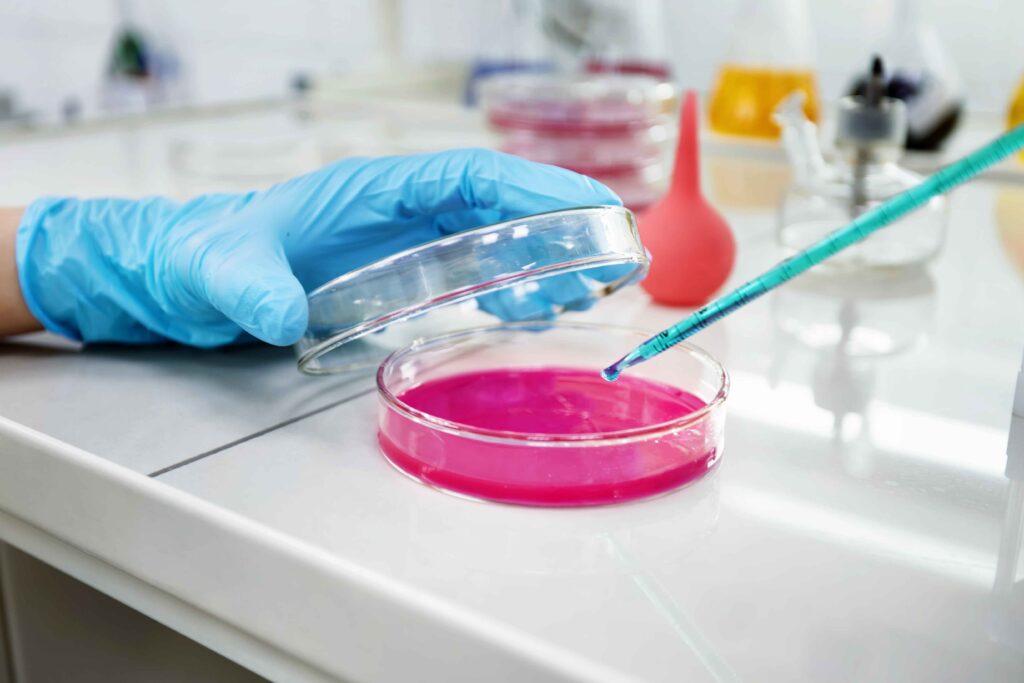
Food Safety Labs and Public Health
Food safety is directly linked to public health, as contaminated food can lead to severe health complications and outbreaks. Food safety labs play a significant role in maintaining public health by proactively identifying risks and preventing foodborne illnesses. Here’s how they contribute:
1. Early Detection and Prevention
Food safety laboratories can identify any risks early by routinely testing food samples. Foodborne outbreaks can cause severe illnesses, hospital stays, and even fatalities; this early discovery helps to prevent them. Vulnerable groups, including children, the elderly, and people with compromised immune systems, are disproportionately affected by foodborne illnesses, making the work of food safety labs essential to the welfare of society.
2. Supporting Safe and Nutritious Diets
By guaranteeing that products are free of dangerous contaminants that may have long-term health repercussions, food safety labs also contribute to the promotion of nutrition. For instance, long-term consumption of heavy metals in seafood or pesticide residues in fruits and vegetables can result in chronic health issues. Food safety labs help ensure safer and healthier meals by controlling these dangerous ingredients.
3. Contributing to Food Security
Safe food is a fundamental element of food security. Unsafe food not only threatens individual health but also has economic and social repercussions. Contaminated food can lead to recalls, loss of consumer trust, and financial losses for businesses. By ensuring that food products meet quality and safety standards, food safety labs help maintain food security and prevent economic losses associated with unsafe food.
The Growing Demand for Food Testing Labs in India
The need for food testing lab in India has increased recently due to the country’s booming food sector and rising food safety consciousness. The FSSAI, an Indian government agency, has taken the initiative to set regulations and require routine testing of food items. Food safety labs are being used by a large number of manufacturers, exporters, and even small food enterprises in order to comply with regulations and preserve consumer trust.
In India, where food contamination and adulteration are common problems, the function of food safety laboratories has become especially important. These labs are essential for identifying risky behavior and guaranteeing that only high-quality goods are distributed to customers. Food safety labs will be crucial to promoting public health and fulfilling international standards as India’s food industry grows.
Innovations in Food Safety Lab Technology
Technology is rapidly transforming the field of food safety testing, making it possible to detect contaminants and pathogens with greater accuracy and speed. Some recent advancements in food safety labs include:
Kits for Quick Testing
Rapid testing kits, which can yield answers in hours as opposed to days, are being used more and more in food safety labs. These tests are especially helpful for identifying pollutants and diseases, which enables companies to make prompt judgments about the safety of their products.
DNA-Based and Molecular Testing
Food safety labrotories can identify even minute levels of contamination thanks to molecular testing techniques like polymerase chain reaction (PCR) testing. Labs can more precisely identify problems by using DNA-based testing, which is especially helpful for identifying foodborne pathogens and tracking down the sources of contamination.
Food testing is becoming more efficient because of automation, and labs are able to examine data more precisely thanks to artificial intelligence (AI) technology. Labs can eliminate human error and uncover possible problems early by using AI algorithms to find trends in test findings.
Artificial Intelligence (AI) and Automation
Food testing is becoming more efficient because of automation, and labs are able to examine data more precisely thanks to AI technology. By recognizing trends in test findings, AI systems can assist labs in identifying possible problems early on and minimizing human error during the testing process.
Blockchain for Tracking
Because blockchain technology offers transparency and traceability across the supply chain, it is becoming more and more popular in food safety labs. Food safety labs can follow food goods from farm to table using blockchain technology, locating contamination sources and guaranteeing quality at every turn.
Conclusion
The foundation of a dependable and secure food supply chain is a food safety laboratory. These labs are essential in making sure that the food that reaches customers is safe, nourishing, and devoid of dangerous ingredients since they carry out extensive testing, confirm adherence to legal requirements, and implement state-of-the-art technology. India’s dedication to raising food safety standards and safeguarding the public’s health is reflected in the rising need for food testing labs in the nation.
Food safety labs will become even more crucial to public health as food safety technology develops further, supporting wholesome diets, preventing foodborne illnesses, and promoting global food security. Food safety labs are an essential safeguard in today’s complicated environment for consumers, companies, and regulators alike.

